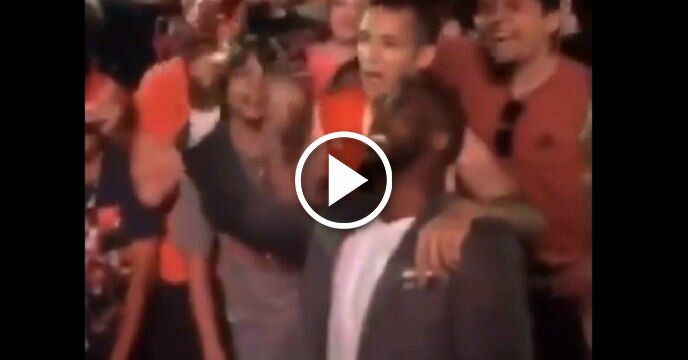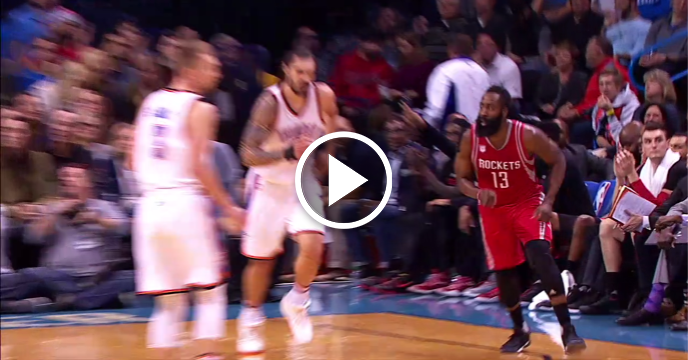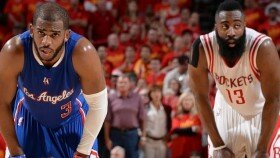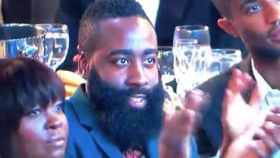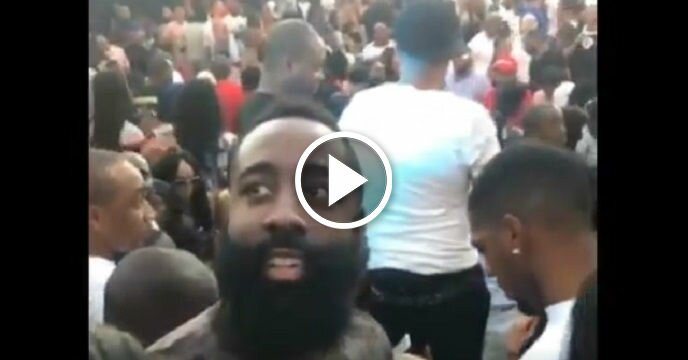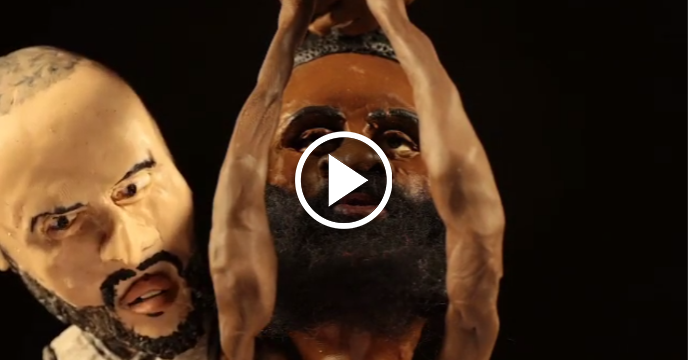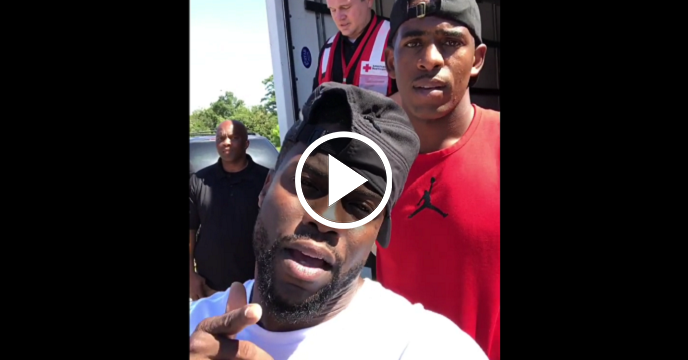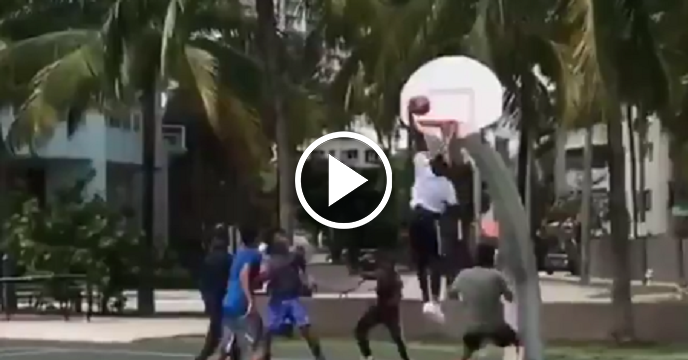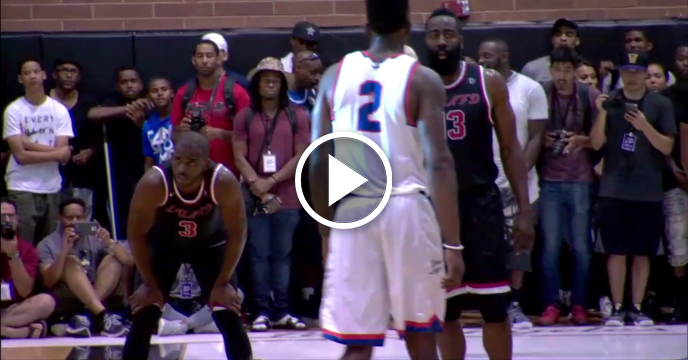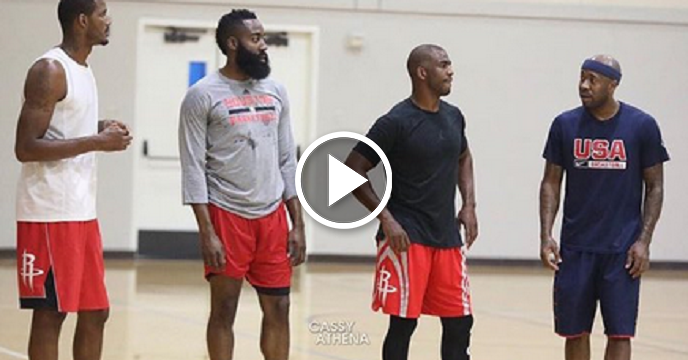Listed at 5 ft. 5, Earl Boykins is short by most measurable human standards. YMCA ballers would likely look right over Boykins when selecting teams, and he can blend in easily unrecognizable walking down the street, unlike the majority of his super-sized peers.
So, especially in the NBA, where the average player height is just under 6 ft. 7, Boykins stands out like a sore thumb. But he’s also apparently good enough to carve out a 12-year journeyman NBA career with 10 different teams and to see his name etched into 12th place on the all-time scoring list for players under six foot (number one? Nate “Tiny” Archibald, although Rocket great Calvin Murphy is number two). The Eastern Michigan alum is a popular emergency choice for teams lacking scoring punch from the guard position, and he once averaged double figures in scoring for five straight seasons, including 15 per contest for the Denver Nuggets in 2007. Although he’s the second shortest player in NBA history, Boykins can bench press 315 pounds. A notorious chucker, he scored 32 points in a game once. The guy is a folk hero, a legend, whose career accomplishments facing such physical shortcomings stretch the beliefs of our imagination. He is living proof that anything is possible, as Kevin Garnett once famously screamed.
On Monday evening, Boykins signed a 10-day contact with the point guard starved Houston Rockets, and, merely an hour after inking the deal, scored 10 points — including the game-clinching free throws — to defeat the Sacramento Kings. The legend continues to grow and spread like Chuck Norris jokes. And although his stay may be short — he scored four points and looked out of rhythm versus Dallas on Tuesday — Earl Boykins is still great for the sport of basketball and a great symbol of hope for wanna-be ballers everywhere.
Almost every player, including Michael Jordan — although that is up for debate — has been criticized or told they lacked some important quality needed to succeed at the game of basketball. Too slow, can’t jump, awkward release, not enough muscle. And, of course, the kicker: too short. Usually height deficiency is an automatic exit door to a promising basketball career, and while talented players of limited stature have emerged throughout NBA history, it’s rare for these players to be anything more than gimmicky one-trick ponies with short-lived careers (i.e., Nate Robinson with dunks). For most of us ground bound athletes, one can only be a successful and tiny basketball player for so long before the proverbial wall emerges and the career ends. Colleges can find plenty of quick, sweet-shooting point guards over six-feet. Why recruit a 5 ft. 5 guy for anything other than ticket sales to come see the circus attraction?
And that’s why Earl Boykins is such a wonderfully refreshing story. Imagine how many times he was told his professional basketball career was finished. Every convention in the book says he shouldn’t be in the NBA, especially as he ages and the speed/athleticism dwarfish players rely on vanishes. Yet the Houston Rockets felt that his worth and value as a legitimately talented player was proficient enough to warrant a contract, and that should be enough hope for any moderately talented hoopster to keep working at his/her craft no matter what quality some coach lists as the reason he/she can never be successful. In a league where every player is increasingly funneled through the same development process and it feels like 6 ft. 7 slashers grow on trees, we all need an Earl Boykins to pop onto our screens and show us that anything truly is possible.
 Share
Share 

